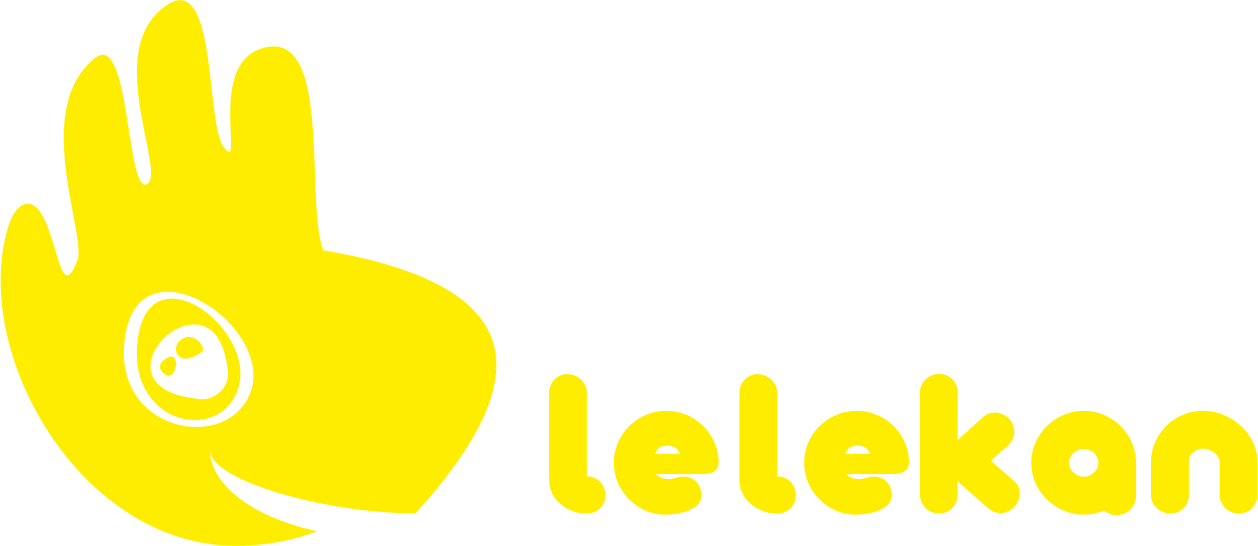Become a witch. Witcbound Game Review
Related Products

PLOT
Witchbound is a game about becoming a witch. Coven Cove has been witch-free for over a century, and you will be the first witch in a long time. Will you be able to complete your story path to the end, become a witch and help the island?
I will not spoil the prologue, but describe the story part of the game as a whole. Unlike decks like Middara, Tainted Grail, and Stars of Akarios, where you're greeted with sheets of art around every corner and every interaction, Witchbound is less expansive and more like Legend of Zelda and old PC RPGs. You have clues, interact with them and get a mini-story. More on this below in the Mechanics section.
Just keep in mind that you won't have to read a ton of text in this solo game. Witchbound has an elaborate plot, but it moves pretty quickly. Whether this is a plus or a minus compared to other solo adventure decks is up to you.

GAME MECHANICS
The mechanics are perfectly integrated with the plot. They are very light. You interact with surrounding objects of interest, as well as local NPCs, and that's it. Witchbound also has mini-games that I didn't get to play, but overall the mechanics are very simple.

How does it work? For example, you use the basic action "explore" on a bird's nest. This action is number 1. Near the bird's nest is number 59. You combine them to get 159 and read the corresponding paragraph in the mini-story book. Or, alternatively, you can apply the bird's nest sling with the number 7 and read paragraph 759.
Interaction with NPCs is arranged similarly. Only you don't use a slingshot on them, but lines like "hello", strike up a conversation and get dialogue, a bit of story and maybe a new quest. As the game progresses, you will acquire new lines, so it makes sense to go back and talk to people you already know about new topics.

Even in the game you will meet contacts: challenges that can sometimes be avoided, and sometimes have to be overcome. The mechanics are the same: apply something to the encountered contact, combine the numbers and read the result.
DIFFICULTY OF THE GAME
I think it's clear that Witchbound is a frivolous deck. It has mini-games that I haven't had a chance to try out and that most likely use different mechanics than the basic "add two numbers", but overall Witchbound is a simple and beginner-friendly game. Once you've mastered the basic mechanics, there shouldn't be any difficulties. As a result, you won't forget the rules between games. And during the game you will be given quests, so you will always know where you are and what you are going to do.
SOLO MODE
Please note that this is a solo game. You can play it as a party, like most solo games, making decisions together, but it's single-player and you only control one character.

WHO IS WITCHBOUND FOR?
I thought about this question during my party. Personally, Witchbound reminds me of Legend of Zelda, Point & Click games, Little Witch Academia anime, and Roll Player Adventures at the same time. Plus simple mechanics and a pinch of plot. A little more reminiscent of Legacy of Dragonholt.

Who is the game for? In my opinion, for RPG fans who want to play RPG solo, when there is no company nearby, and they don't want to turn on the computer.
And for solo players who want a story-driven game without the fuss of layouts and components. Witchbound builds quickly, so it's perfect for those looking to play something like Stars of Akarios, Middara, or Oathsworn, only simpler.
MINI-REVIEW
The Witchbound prologue turned out to be very fan-friendly. I really like the simple mechanics and atmosphere of the game; this allowed me to play with the creator of the game from discord without any problems. He sent me pictures, and I chose what to interact with.
Personally, for me, Witchbound is exactly what I look for in solo decks: a game that can be easily played live (on my Malts and Meeples channel). There is almost no need to explain the rules, it unfolds almost instantly. Exactly that.
The only problem I noticed (even in the short prologue) was that I had to skip a lot. If you follow the plot directly, you will constantly flip the book from one scene to another, to the third, etc. Or re-read dialogues to get some goodies. However, since this is a solo game, I just skipped the dialogues and went straight to the bun when I needed it for a quest, for example. Not that it's a huge drawback, but in my opinion, as the game goes on, you'll have to flip from one page to another, to a third, etc. more often to get to the place you need for the quest. Or remember how to get where, and immediately open the right page by "teleporting".





